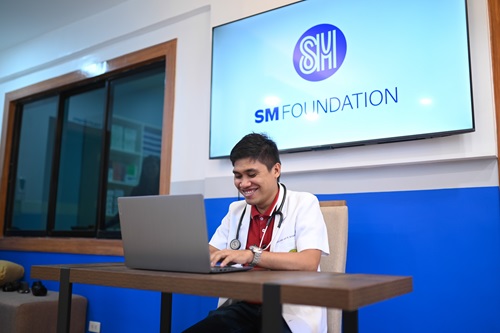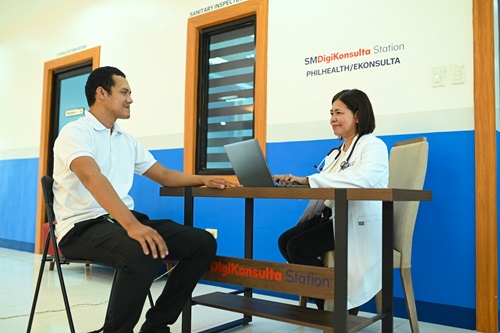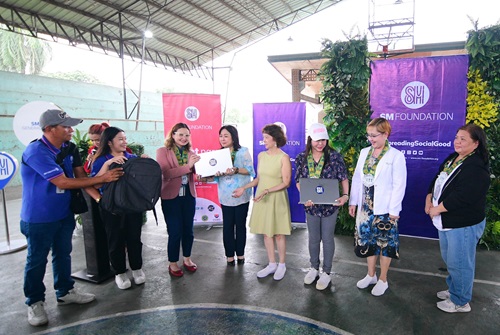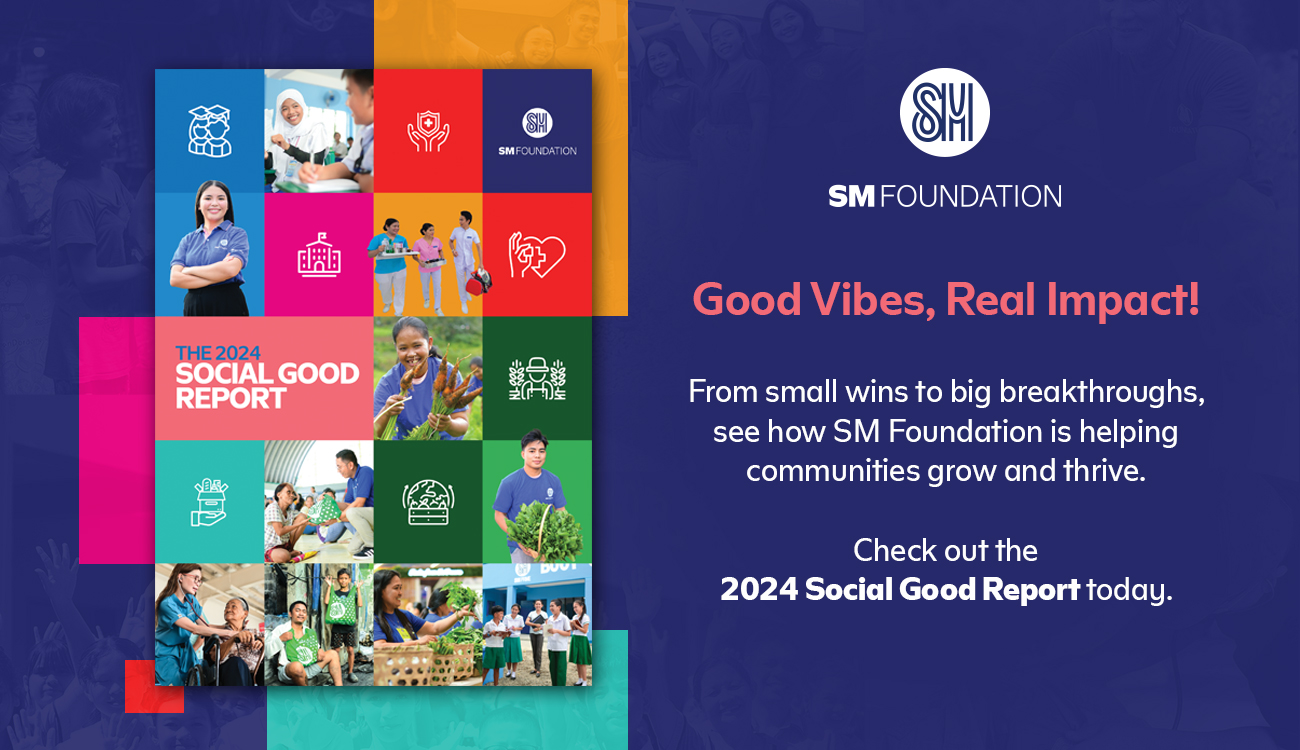DigiKonsulta: SM Foundation boosts health program with telemedicine
 With SM DigiKonsulta, doctors at the Baluan Rural Health Unit are capable of conducting virtual consultations for patients who are unable to visit the clinic due to factors such as distance, mobility limitations, or infectious diseases.
With SM DigiKonsulta, doctors at the Baluan Rural Health Unit are capable of conducting virtual consultations for patients who are unable to visit the clinic due to factors such as distance, mobility limitations, or infectious diseases.
Telemedicine is a health practice involving the delivery of health services from a distance using telecommunications technology. It is an emerging trend and is fast redefining the face of healthcare, especially for geographically disadvantaged areas.
Alongside digitizing medical records, this approach extends healthcare access to the most remote areas, reduces patient waiting time, and enables better care due to consistent follow-ups and enhanced disease management.
The benefits of digital consultations go beyond patient care. It also empowers health workers to provide quality care without the need to travel to multiple locations, opening opportunities to attend to more patients and have ample time for professional collaboration. This improves not only the quality of care but also helps prevent burnout among medical professionals by balancing workloads.
Going beyond physical structures with DigiKonsulta
Channeling telemedicine's potential, the SM Foundation launched the DigiKonsulta in two of its beneficiary health facilities in South Cotabato–Baluan Rural Health Unit, General Santos City, and Polomolok East Community Clinic, a health facility servicing Geographically Isolated and Disadvantaged Areas (GIDA).
To further its mission of enhancing healthcare accessibility, the foundation plans to strategically expand this initiative to other health centers, refurbishing them and equipping them with virtual consultation technology. This will ensure that vulnerable populations can conveniently access essential services, even in remote areas.
By combining physical infrastructure improvements with digital solutions, this activation aims to create a more comprehensive and equitable healthcare system.
One of the core elements of DigiKonsulta include its capability for virtual consultation, digitization of records for patients, and adherence to Department of Health and PhilHealth standards.
In rolling out DigiKonsulta, the SM Foundation hopes to provide better health outcomes in remote communities by easing the load of already-congested health facilities and creating a level playing field for access to healthcare.
 The Polomolok East Community Clinic implements a digital record-keeping system as part of SM Foundation's DigiKonsulta initiative. This system allows doctors to input patient data directly into laptops, improving the organization and comprehensiveness of patient records. By digitizing the process, the clinic aims to enhance efficiency and accuracy in managing patient information.
The Polomolok East Community Clinic implements a digital record-keeping system as part of SM Foundation's DigiKonsulta initiative. This system allows doctors to input patient data directly into laptops, improving the organization and comprehensiveness of patient records. By digitizing the process, the clinic aims to enhance efficiency and accuracy in managing patient information.
The shift to digital patient records empowers healthcare providers with comprehensive medical histories, fostering evidence-driven care decisions, tailored treatment approaches, and data-informed community health initiatives.
This digital transformation not only enhances individual patient outcomes but also facilitates broader public health strategies.
As telemedicine keeps on advancing, such programs are going to be very important in defining the shape of how healthcare delivery shall be carried out in the future. Initiatives like DigiKonsulta are closing the gap between isolated communities and quality medical services, contributing to a more accessible, effective, and equitable healthcare system for all.
 SM Foundation, led by Health and Medical Programs executive director Connie Angeles, formally turns over to the health center some of the equipment that will be used for the SM DigiKonsulta
SM Foundation, led by Health and Medical Programs executive director Connie Angeles, formally turns over to the health center some of the equipment that will be used for the SM DigiKonsulta